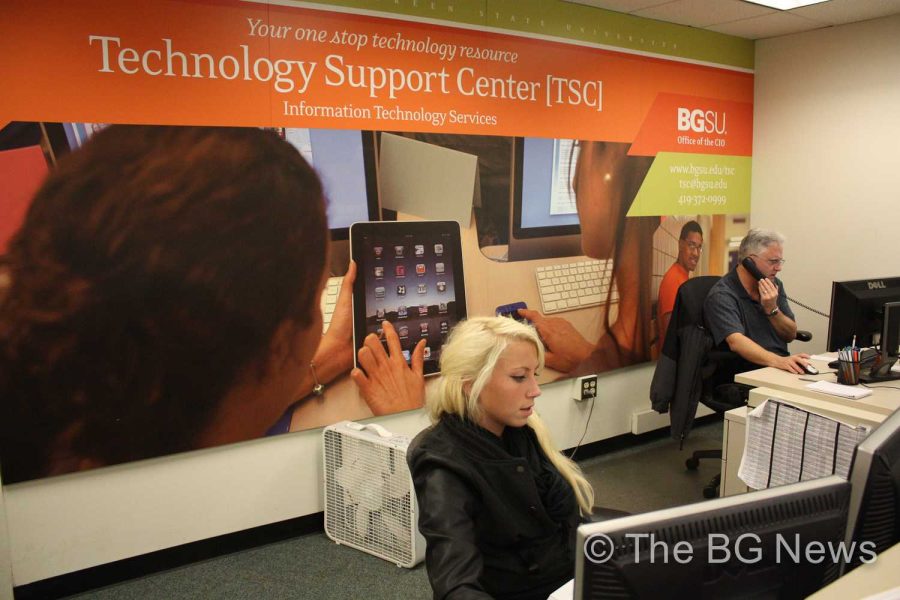Today’s world is driven by computers, but when systems are attacked or damaged, nothing works right.
While many different types of hackers exist, one of the most common types of hackers creates viruses. Using a virus is the more traditional way of hacking a computer. Once the virus is introduced to a system, it can compromise data and harm a system.
But other ways of hacking include more detail and planning.
“There are different stages of a hacking attempt,” Matt Haschack, the director of IT Security and Infrastructure said. “There’s the reconnaissance phase . . . I wanted you to break into a house somewhere on Wooster Street and you’re not familiar with Wooster Street. So, the first thing you do is walk by. You’re going to look at the house and see what’s available . . . Hackers do the same thing.”
While hacking threatens secure information for people, businesses and the government, hacking is thought about differently by students.
“I sure do wish I was smart enough to be a computer hacker,” said James Jacobs.
While the thought of hacking may be different in the eyes of those not protecting systems, a lot of effort is put into attacking a system.
In order to hack a system, hackers have various stages they use in order to attack. Their first stage is to do reconnaissance. During this stage, hackers check for weak points and entrance points in a system.
Once hackers can get into the system, hackers go for the Zero Day Attack, where they hack the systems and exploit what weaknesses are there.
While the city does get hacking attempts from all around the globe from countries such as Russia, China or Ukraine, there has never been a successful hacking attempt on the city, said Dave McDonald, the city IT Manager.
The hacking attempts that do go through the city are normally through email ‑ 90 percent of the emails coming in carry viruses. Ten percent of emails coming into the city are harmless.
“Direct hacking attempts to get into the city are blocked by software in the firewall,” McDonald said.
We can’t put a number to how many attacks the University gets a day, Haschack said.
While the University cannot put a number of attacks it encounters daily, the University does have ways to handle hacking attempts.
Through the University’s firewall, the system takes note of who it is, along with the IP address to prevent future attacks.
Computers that are owned and managed by the University that have restricted use are treated as “hacked computers” if the systems have been attacked. But general use computers are investigated very little, since there aren’t enough resources to do a full investigation, Haschack said.
Students can also protect their own systems from being hacked.
This semester, 200 student systems have been attacked, but that number has gone down from the past couple of years, Haschack said.
While students are more aware of threats to their system, the culture of computer security has improved too.
“Along with antiviruses that will tell you if something is wrong with your system, companies like Microsoft and Apple have improved their security and have updating security patches that fix problems,” Haschack said. “But while there are ways to prevent viruses and hackers, hackers know traditional ways of compromising a system.”
A way a student can protect their system is to not run a computer as the administrator, but as a normal user, Haschack said. Web browsing through programs such as Internet Explorer, Google Chrome, Firefox and Safari can threaten the security of an operating system.
Haschack offers helpful suggestions to students that can help them protect their systems.
Links bring in codes that run to load a webpage, offering a place for a virus to be hidden. Most people run their computers as the administrator, meaning the virus can run without the system asking for permission to do so, but by using the computer as a normal user, the virus has to prompt the user in order to be run.























